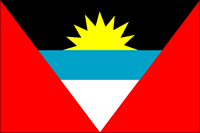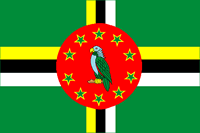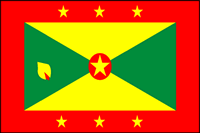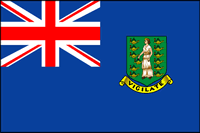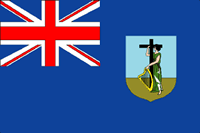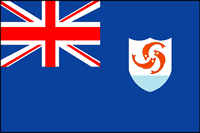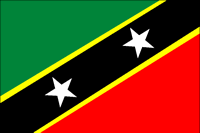Climate And Disaster Resilience In The Eastern Caribbean
Climate And Disaster Resilience In The Eastern Caribbean
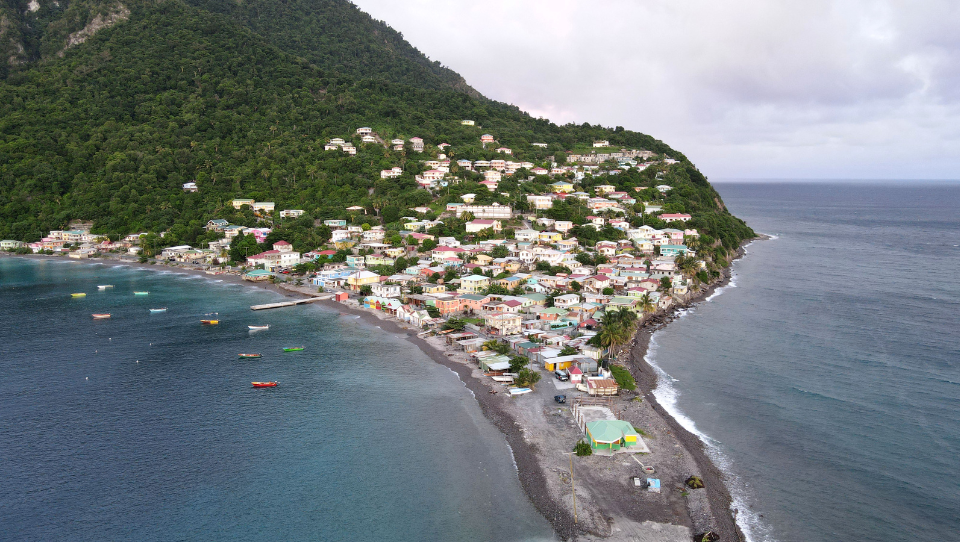
Climate and disaster resilience are crucial concerns in the Eastern Caribbean region. The islands of Antigua and Barbuda, Dominica, Grenada, Saint Lucia, Saint Vincent and the Grenadines, and Saint Kitts and Nevis are particularly vulnerable to natural disasters such as hurricanes, floods, landslides, and droughts due to their location in the hurricane belt and their small size.
The impacts of climate change, including sea level rise, coral bleaching, and ocean acidification, affect the region's economies, ecosystems, and human communities. For example, coral reefs serve as habitats for fish and other marine life and protect shorelines from erosion and storm surges. However, rising sea temperatures and ocean acidification are causing coral bleaching and death, leading to the loss of biodiversity and damage to the tourism industry.
Climate and disaster resilience are crucial concerns in the Eastern Caribbean region. The islands of Antigua and Barbuda, Dominica, Grenada, Saint Lucia, Saint Vincent and the Grenadines, and Saint Kitts and Nevis are particularly vulnerable to natural disasters such as hurricanes, floods, landslides, and droughts due to their location in the hurricane belt and their small size.

Climate and disaster resilience are crucial concerns in the Eastern Caribbean region. The islands of Antigua and Barbuda, Dominica, Grenada, Saint Lucia, Saint Vincent and the Grenadines, and Saint Kitts and Nevis are particularly vulnerable to natural disasters such as hurricanes, floods, landslides, and droughts due to their location in the hurricane belt and their small size.
Climate Resilience News
Disaster Resilience News
Objectives
The Eastern Caribbean states are implementing strategies and initiatives to promote disaster resilience and adaptation to climate change. These include
- Strengthening early warning systems – Governments are investing in modern weather monitoring and forecasting systems to provide timely alerts to residents in case of natural disasters.
- Building resilient infrastructure – Governments invest in infrastructure that can withstand severe weather conditions, such as reinforced buildings, drainage systems, and seawalls.
- Promoting community participation – Communities are encouraged to participate in local disaster management committees and develop community-based disaster response plans.
- Enhancing ecosystem services – Governments are supporting programs to restore degraded ecosystems, such as mangroves and coral reefs, which can help to buffer the impacts of storms and provide other benefits such as carbon storage and sustainable livelihoods.
- Raising public awareness – Governments are raising awareness among communities about the risks posed by climate change and the importance of tackling these risks.
Projects
Multiple projects are currently being implemented in the area of Climate Resilience and Disaster Resilience in the Eastern Caribbean through the Climate and Disaster Resilience Unit alongside the Ministries responsible for Climate Change and Environment in the OECS Members as well as international agencies.
- Caribbean NDC Finance Initiative (NDCFI)
- Human Mobility in the Context of Climate Change (HMCCC)
- Community Resilience Programme
- Adapt’Action
- Climate Adaptation Enhancement Package (CAEP)
1 - Caribbean NDC Finance Initiative (NDCFI)

The Caribbean Nationally Determined Contribution Finance Initiative aims to support Caribbean countries in implementing their commitments to reduce greenhouse gas emissions and adapt to the impacts of climate change, as outlined in their Nationally Determined Contributions (NDCs) under the Paris Agreement.
The program provides grants, concessional loans, and technical assistance to Caribbean countries to help them access and mobilize climate finance and implement their NDCs.
The Caribbean NDC Finance Initiative focuses on four priority areas incorporating gender equality and social inclusion :
- renewable energy and energy efficiency
- sustainable agriculture and forestry
- coastal zone management
- water resource management.
2 - Human Mobility in the Context of Climate Change (HMCCC)

Due to the increase in world temperature and the drastic and unpredictable changes in weather with Sea Level Rising, prolonged droughts, high levels of rainfall and more severe storms and hurricanes. The eastern Caribbean is expected to see the displacement of its population due to these environmental challenges. The OECS Economic Union allows the free movement of citizens through protocol member states (Antigua and Barbuda, Commonwealth of Dominica, Grenada, Montserrat, Saint Kitts and Nevis, Saint Lucia and Saint Vincent and the Grenadines) with any form of national identifications. The OECS is looking at how policies can help address any issues involving the mass migration of OECS citizens within the OECS Economic Union. These policies look at how migrated citizens can integrate into other OECS Protocol Membersates and have the same benefits as Citizens of that country as well as improve building structure, implement renewable energy infrastructure to withstand these disasters and have a recovery mechanism in place to rebuild after a disaster occurs.
3 - Community Resilience Programme

The Eastern Caribbean Community Resilience Programme (ECCRP) is a programme to build each member state's resilience capacity against natural disasters and the impact of climate change. This process begins at the building block of society, the community with the implementation of OECS Building Codes to ensure resilient construction practices for homes, community buildings and businesses. Part of the programme includes different systems to facilitate warning and safety practices for flooding, earthquake and other natural disasters the Eastern Caribbean countries face.
4 - Adapt’Action

Is a multi-stakeholder program to understand the need and identify adaptation strategies, foster the use of local knowledge with the use of diversification and share different viewpoints and interests with a focus on a more detailed understanding of the differences in vulnerabilities and the positive role played by women as agents of change. A program's objectives are
- Strengthen climate governance in partner countries
- Support the integration of adaptation into sectoral public policies
- Enable the development of adaptation projects and mobilisation of international funds
5 - Climate Adaptation Enhancement Package (CAEP)

Climate Adaptation Enhancement Package CAEP tackles climate change and its effects through the National Development Contribution (NDC) Partnership (NDCP) as a citizen needs focus and outcome-oriented initiative to promptly support the enhancement and implementation of the NDCs, with and through a partnership with society and government. In the Eastern Caribbean, most of the population lives near beaches, rivers or polders (land reclaimed from a body of water like marshes, rivers or lakes) and are susceptible to flooding, sea levels rising, storms and hurricanes. In order to protect and help OECS citizens this project comprises three main components
- The first component focuses on building the capacity of regional institutions to effectively manage climate change risks and adapt to the associated impacts.
- The second component focuses on developing and implementing climate-resilient policies and plans at the national and regional levels.
- The third component focuses on promoting green growth and sustainable livelihoods in the region supporting renewable energy and climate-smart agriculture.
Resources
Access more resources on Climate and Disaster Resilience in the Eastern Caribbean via the OECS Library.
Partners
The OECS has been partnering for multiple years with international agencies that support projects developed in the area of Climate and Disasater Resilence in the Eastern Caribbean.

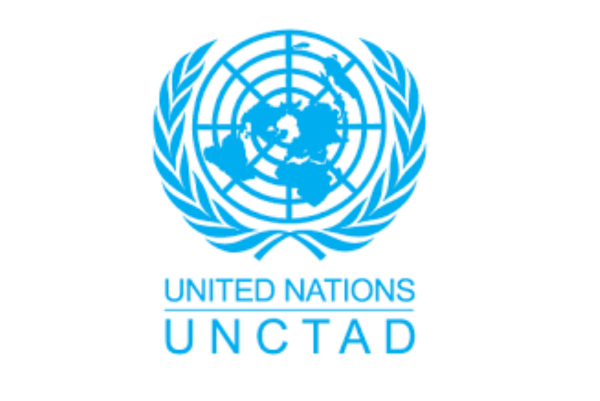
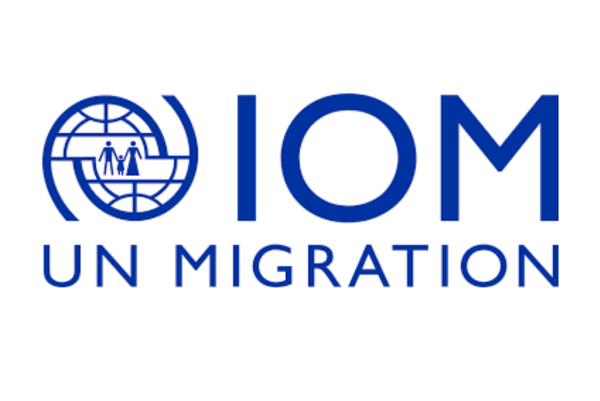
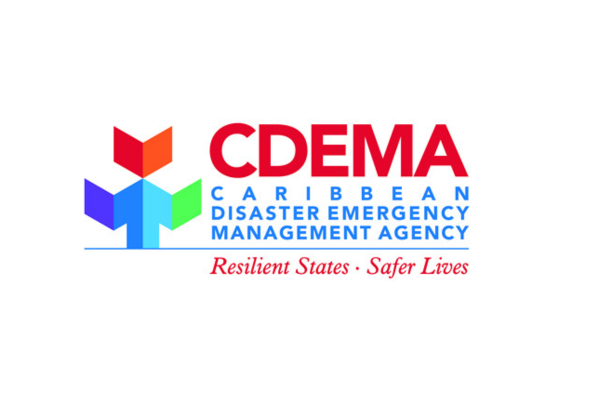

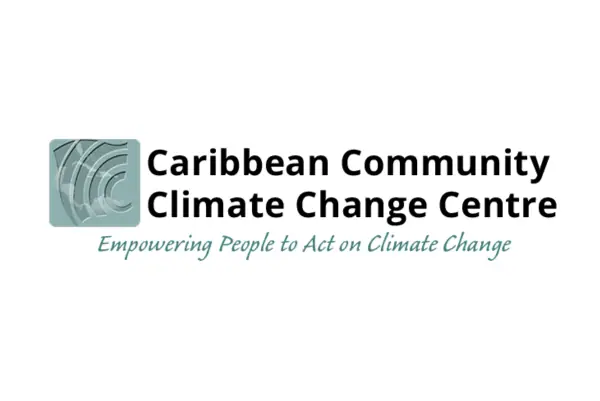
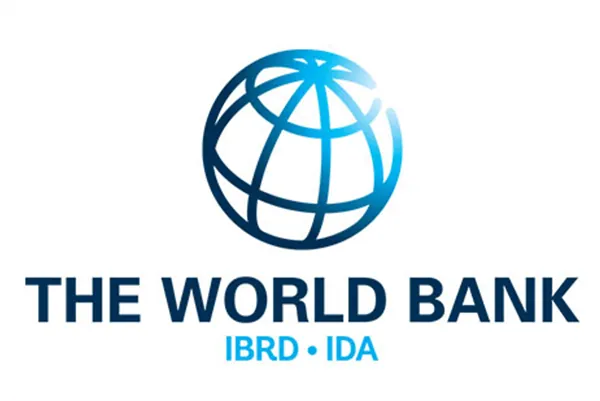
Contacts
Crispin d'Auvergne
Programme Director
Tel: +1 (758) 455-6368
Shanna Emmanuel
Programme Officer
Tel: +1 (758) 455-6317
Learn More About Climate And Disaster Resilence In The Eastern Caribbean
The OECS is working in close collaboration with all the Ministries of its Member States on all matters related to Climate and Disaster Resilience in the Eastern Caribbean. The Council of Ministers of Environment Sustainability is hosted once a year. This meeting aims to harmonize the strategy on Environmental Issues such as Climate Change, Biodiversity Management, and Renewable Energy to name a few.
